Elements of Mediation 2024
Occasion, changes, prospects
What to say about the relaunch of the Elements of Mediation.
I. Occasion
The relaunch was originally planned for 2022five years after the introduction of the element system. However, the developments during the coronavirus pandemic and the developments in Ukraine due to Russia's full-scale military invasion intensified the crisis in Germany and left no time or energy for such a complex project. In addition, my wife and I had our second son in August 2021, which shifted priorities in its own way. However, my mediation practice and my understanding of mediation would have suggested the relaunch as early as 2022. Without a doubt.
And now it's 2024, two years after the „release“ of ChatGPT and in the middle of yet another period of digital transformation.
Therefore, not only the elements as a system had to be readjusted, but also the Integration of artificial intelligence and, at the same time, to establish a new foundation, but this will probably only become apparent in the coming years.
II Changes
1. basic concept
The We have retained the basic concept. It has proved its worth, has become ingrained and is meaningful for participants in our courses and, once cognitively understood and integrated, is a helpful system for collecting, organising and creatively linking knowledge.
The elements of mediation are
- a knowledge management tool
- a learning tool and
- a creativity tool.
And it is a tool that can be used to accompany and support your own experience, your own development, which is never clear where it will go. This is why our course and seminar participants – despite all digitalisation – always receive a printed version as well as the INKOVEMA folder, which contains the structures of the element system. These further training documents provide the basis for making the element system your own and developing it further for yourself.
2. abolished elements
We have removed the following elements (and assigned some of their content to other elements). This was primarily due to the experience that these elements played hardly any role in (training) practice and added little value. This is the case, for example, when the elements have not received any practical application or have not been able to contribute any added value in training programmes. The fact that INKOVEMA has developed in directions and areas in which others could no longer be considered also had an influence. It was now necessary to reorganise the content – and also to sort it out.
Where individual knowledge particles within an element are still significant, we have transferred them to the 2024 system and integrated them into a new element. Otherwise, we have consigned things „to the history of oblivion“. Letting go and saying goodbye, sorting out and deleting are skills that we have practised and used here: These are also essential skills for constructive conflict management…
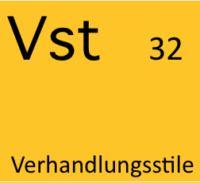 Element 32-Vst – Negotiation styles
Element 32-Vst – Negotiation stylesElement 34-Vs – negotiation situations.
Element 37-W – Systemic Business Mediation.
Element 40-Rk – Radical Constructivism.
Element 43-Kms – Conflict management systems.
Element 44-Sd – system design.
- (no image available…)Element 46-Mm – Mediation matrix:
Element 59-Vi – Visualisation:
Element 60-Mt – Metaphors:
Element 61-Rs – Role-playing games:
- (no picture available…) Element 62-Pe – Personality development
3. newly created elements
We have created some new elements and integrated them into the existing system of five main groups. This was urgently needed in view of our mediation and counselling practice, as we were simply unable to incorporate experience and background knowledge into the 2017 system in a comprehensible manner.
So it happened a few times that we were in Separation and divorce conflicts although we had focused our mediation practice on organisations from the outset. Families hardly played a role in the 2017 element system.
Added to this is the fact, which we hardly had on our radar at the beginning, that many companies are just Family business (or, especially in the east of the country, small and micro-enterprises, where the volatility of economic activity has an almost unshakable impact on family life). It was therefore imperative for us to take on the topic and counselling challenges with regard to family dynamics etc. in recent years and to familiarise ourselves with this area.
This also applies to the topic of intercultural implications for organisational conflicts to. It is by no means rare that conflicts and their management can be viewed better and more appropriately with an „intercultural perspective“. This is another reason why we have created an independent element with a particularly low order number (04-Ik), which is capable of influencing all subsequent elements.
For the practice of conflict counselling and the initiation of mediations (sales process that begins with market entry!), it was important to have a Own marketing element take up. The need for this arises when we look at the practice of conflict resolution throughout society and realise that the potential of mediation has by no means been exhausted. In our opinion, this may also be due to the fact that mediators do not advertise their services appropriately and ultimately do not sell them as frequently and intensively as they would like and could in principle. Mediators and conflict parties as well as potential clients of mediations are, so to speak, still in the process of approaching and selling, which not only leads to misunderstandings, but also to irritation, wrangling and competition: what is wanted is expressly not in the mediator's offer and what is on offer does not initially appear to be what is wanted. Some want help, others emphasise self-help; some want support, others fear delegation of what is declaredly non-delegable. And how can both be brought together at the same time?
04-Ik – Interculturality
18-Ma – Marketing
37-Tg – Teams and groups
38-Fue – Leadership and decision-making
40-Fa – families
44-Skm – Systematic conflict management
45-C – Coaching and counselling
48-Ge – Basic setting
59-Kr – Creativity
61-Ue – Exercises
62-Fs – Case simulations
4. shifted elements
Individual elements have a new location and thus a New order number received. This was necessary because new elements made these shifts necessary. In addition, the shift was also intended to change the meaning. Thus the Element Transactional analysis is no longer included in the main mediation group, but is at the beginning of the methodological toolbox, which is also adorned with specific classic TA concepts.
46-Ta – Transactional Analysis (formerly E 16-Ta)
47-Va – Contract work (formerly E 45-Va)
52-St – Strokes (formerly E 53-St)
53-Ps – Psychological games (formerly E 49-Ps)
54-Dd – Drama triangle (formerly E 52-Dd)
III Web presence of the Elements of Mediation (upgrade)
We have also updated our website www.elemente-der-mediatiation.de has been updated – and linked to our course and seminar tool as well as to our current two artificial intelligences; our AI assistant and the mediation simulator (currently only available at www.inkovema.de, will be launched here soon). This has resulted in significant changes in operation and usability.
- First, The index cards as PDFs can no longer be accessed. We used the index cards to feed our artificial intelligence“so that their knowledge can be utilised via prompts. We opted for this approach because, on the one hand, online maintenance was becoming too time-consuming and, on the other, a clear boundary could be drawn between interested parties and customers. The effort, changes, additions and innovations to the – now over 700 – index cards was and is no longer manageable. We will continue to update the tables of contents of the elements online. And we will continue to formulate our knowledge and experience for the courses and seminars in the form of index cards – and regularly feed this content into the INKOVEMA Assistant.
- ConclusionAs a result, the knowledge is made available in the AIs. This AI called INKOVEMA-Assistant, but also with the MediationSimulator, we make our knowledge and experience available free of charge with an innovative tool. This service is fully in line with the approach we started with our basic articles, blog posts and podcasts: This content is available to ALL free of charge and can be used for your own professionalisation or self-supervision. We also draw the line between us and our paying customers in material terms: they receive the Course materials in the form of index cards printed out in our INKOVEMA folders and literally tangible.
- ViewSince INKOVEMA has proven itself satisfactorily on the market for mediation and counselling training as well as in acute conflict counselling and thus for specific mediation needs, we assume that we will be able to maintain the free content, including our new artificial intelligence. It should be noted that the actual use of the AIs is also reflected in the costs for us. Many users drive up the costs.
- We have a – still to be expanded – on our website www.elemente-der-mediation.de; Interactive games, question and answer sessions, quizzes, learning testsboth for mediation in general and – for course participants – for training support. This area has been well received and we are pleased to be able to use a great didactic tool that is capable of providing enjoyment and insight at all times.
- We have also expanded our INKOVEMA assistant integrated.
- Unlike on www.inkovema.de –, the AI assistant cannot be controlled via a button at the bottom right of the screen, but rather via the main menuwhere we have a Button AI assistant have set up. This page not only contains the AI assistant itself, but also many tips and suggestions on how such AI tools can be used. We have summarised our podcast discussions on this topic there, as well as our blog posts on prompting and AI comparisons, etc. – The new competence of professional prompting is of course a matter close to our hearts, because otherwise the beautiful digital tools of generative AI are for nothing.
- Our second AI, the so-called. Mediation Simulator, is not yet directly accessible on the website www.elemente-der-mediation.de. However, this will change soon. We will be feeding this special tool in particular with our cases from practice „ and are working on making it usable for our training courses as quickly as possible. The test phases and trials are currently still underway, which we will certainly have completed by the end of 2024.
III Prospects
1. index cards for course participants
INKOVEMA no longer only trains Mediators but meanwhile also Coaches and Counsellors and soon Organisational consultants. Our institute director Prof Dr Sascha Weigel has been a teaching transactional analyst under supervision (PTSTA-O) and senior coach (DBVC) since 2022, which is reflected in the teaching content. Nevertheless, our roots are in acute conflict counselling with mediation at its core. And our learning and knowledge management system is called Elements of mediation. We therefore need to adapt our training and course materials.
This applies first and foremost to the index cards: For the course participants of the counselling training – as well as for Systemic Transactional Analysis – we naturally also use these index cards for the course materials. Therefore, in future we will use these Also declare index cards speciallyin which training context these documents are used as Focus bundle are compiled and distributed by us.
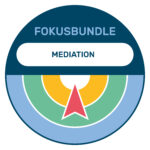

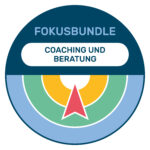
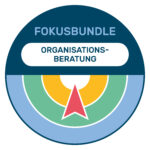
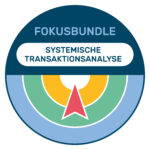
2nd boot camp for professional mediators
We are currently also working in the background on a boot camp for mediators in which professional mediators can find, specify and communicate their market presence in a way that actually focusses on their target clients and not on themselves or their attitude, the mediation process, its ethics or social compatibility. We hope to make a concrete, measurable contribution to the practical application of mediation. Stay tuned!
3. digital course notes
The aforementioned changes have resulted in extensive adjustments for our digital Course letters. In over 50 digital course letters, which by e-mail weekly our course participants are familiarised step by step with the demanding content of the training courses. This makes the initially abstract and sometimes unwieldy element system manageable and familiar to all participants.
4. digital course guidance
All these changes and improvements will also lead to significant improvements in digital course support. In future, we will strengthen the group and community feeling even more directly and are confident that our course participants will continue to be highly satisfied and even better prepared for the real world.
As always, we are open to questions, independent additions, but also to criticism and feedback, which we kindly request.
Best regards
Your Sascha Weigel & Team
xxx

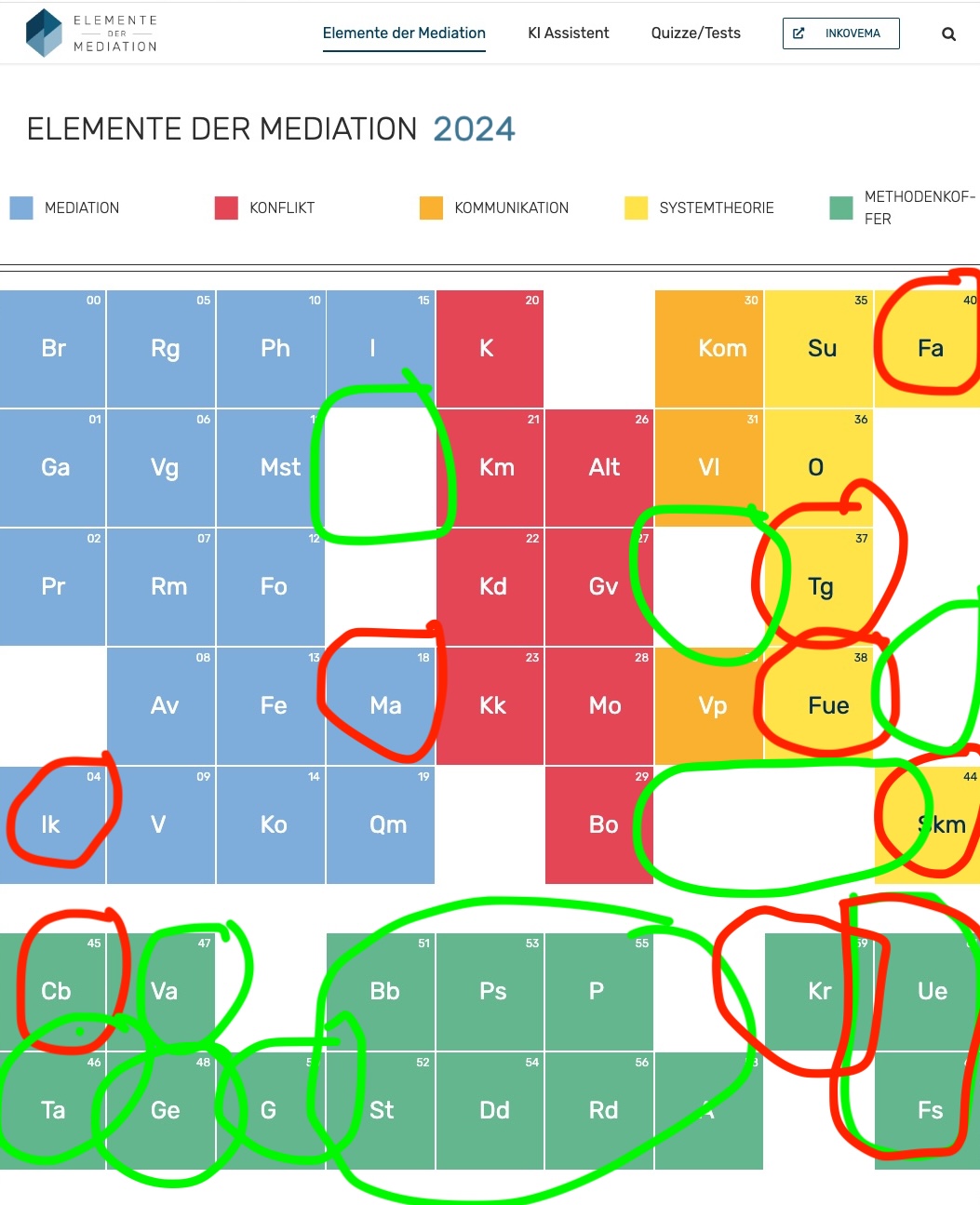
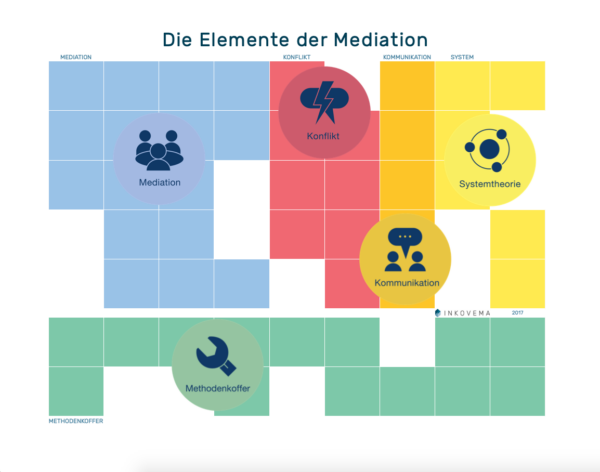
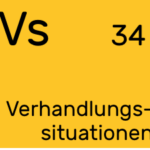 Element 34-Vs – negotiation situations.
Element 34-Vs – negotiation situations.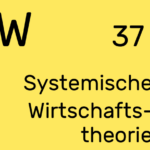 Element 37-W – Systemic Business Mediation.
Element 37-W – Systemic Business Mediation.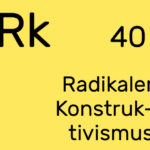 Element 40-Rk – Radical Constructivism.
Element 40-Rk – Radical Constructivism.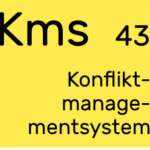 Element 43-Kms – Conflict management systems.
Element 43-Kms – Conflict management systems.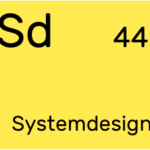 Element 44-Sd – system design.
Element 44-Sd – system design.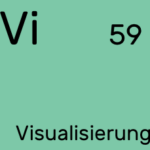 Element 59-Vi – Visualisation:
Element 59-Vi – Visualisation: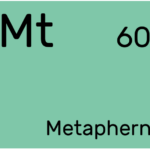 Element 60-Mt – Metaphors:
Element 60-Mt – Metaphors: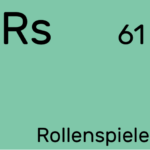 Element 61-Rs – Role-playing games:
Element 61-Rs – Role-playing games: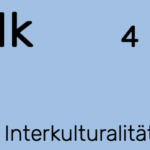 04-Ik – Interculturality
04-Ik – Interculturality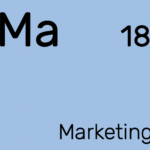 18-Ma – Marketing
18-Ma – Marketing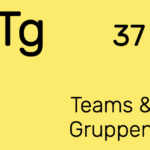 37-Tg – Teams and groups
37-Tg – Teams and groups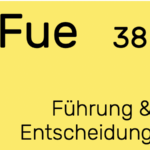 38-Fue – Leadership and decision-making
38-Fue – Leadership and decision-making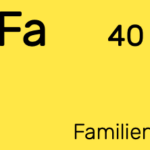 40-Fa – families
40-Fa – families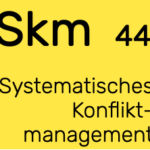 44-Skm – Systematic conflict management
44-Skm – Systematic conflict management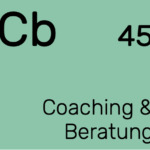 45-C – Coaching and counselling
45-C – Coaching and counselling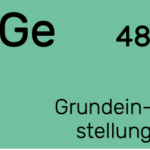 48-Ge – Basic setting
48-Ge – Basic setting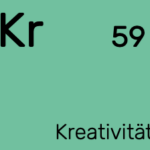 59-Kr – Creativity
59-Kr – Creativity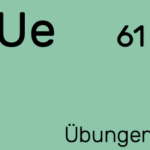 61-Ue – Exercises
61-Ue – Exercises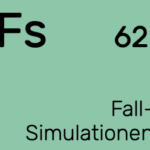 62-Fs – Case simulations
62-Fs – Case simulations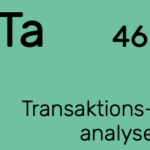 46-Ta – Transactional Analysis (formerly E 16-Ta)
46-Ta – Transactional Analysis (formerly E 16-Ta)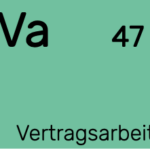 47-Va – Contract work (formerly E 45-Va)
47-Va – Contract work (formerly E 45-Va)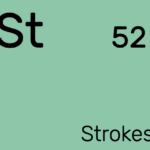 52-St – Strokes (formerly E 53-St)
52-St – Strokes (formerly E 53-St)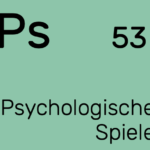 53-Ps – Psychological games (formerly E 49-Ps)
53-Ps – Psychological games (formerly E 49-Ps)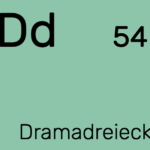 54-Dd – Drama triangle (formerly E 52-Dd)
54-Dd – Drama triangle (formerly E 52-Dd)

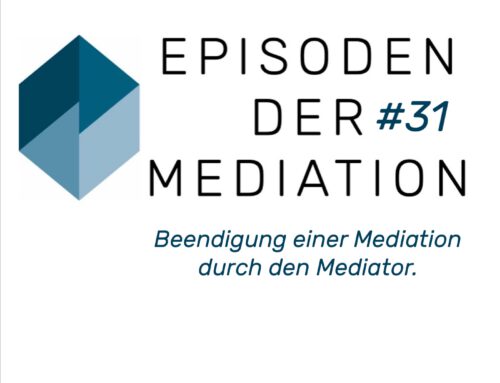
Leave A Comment